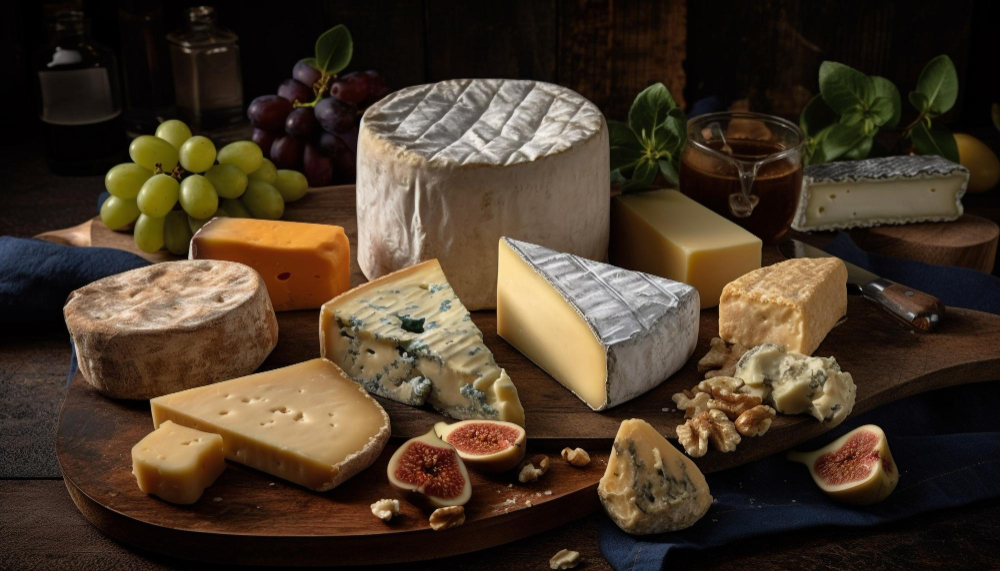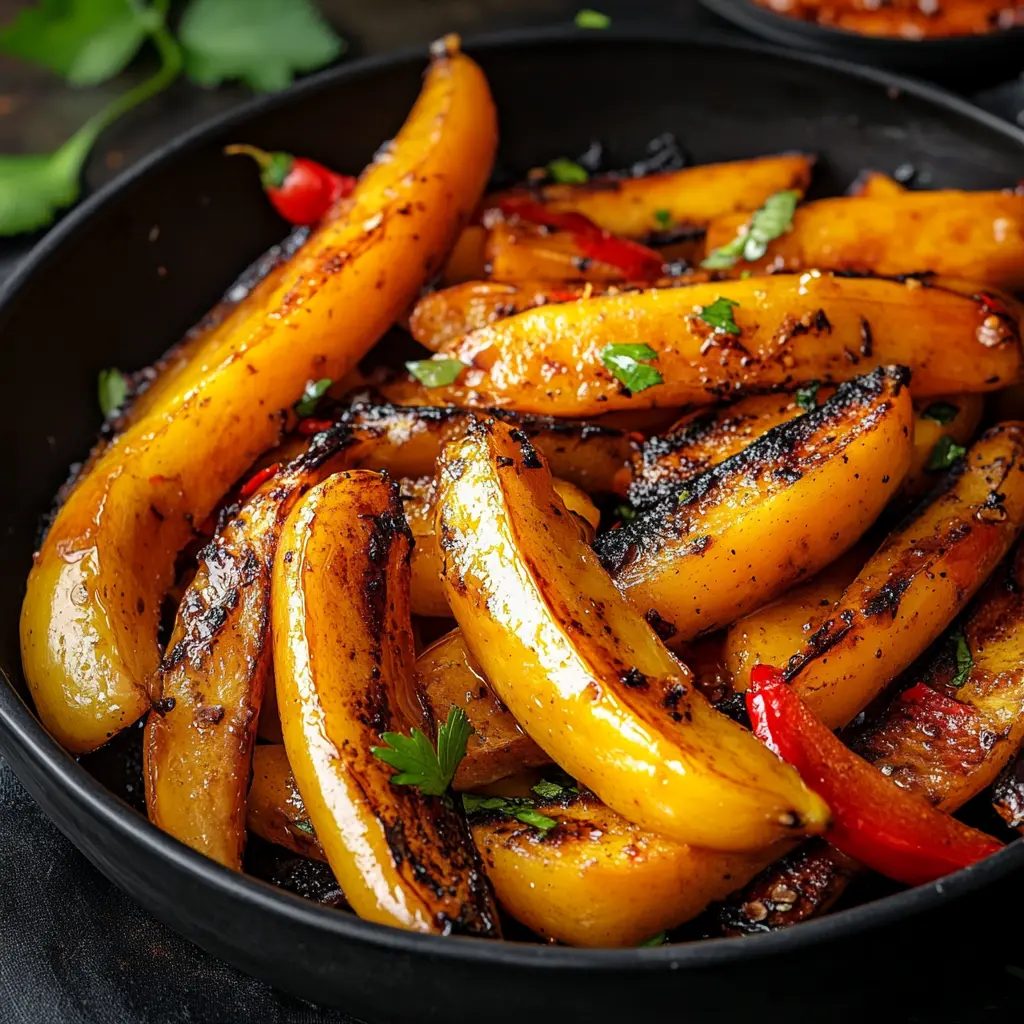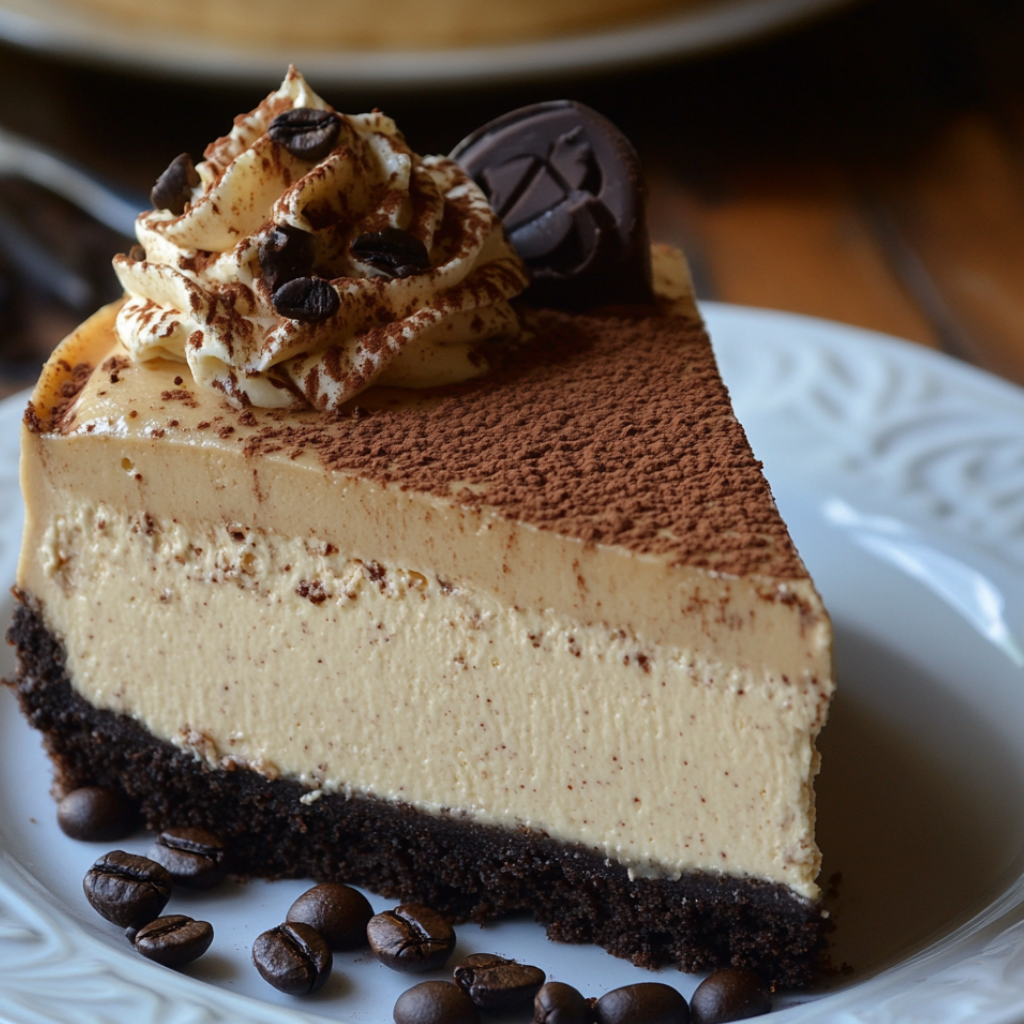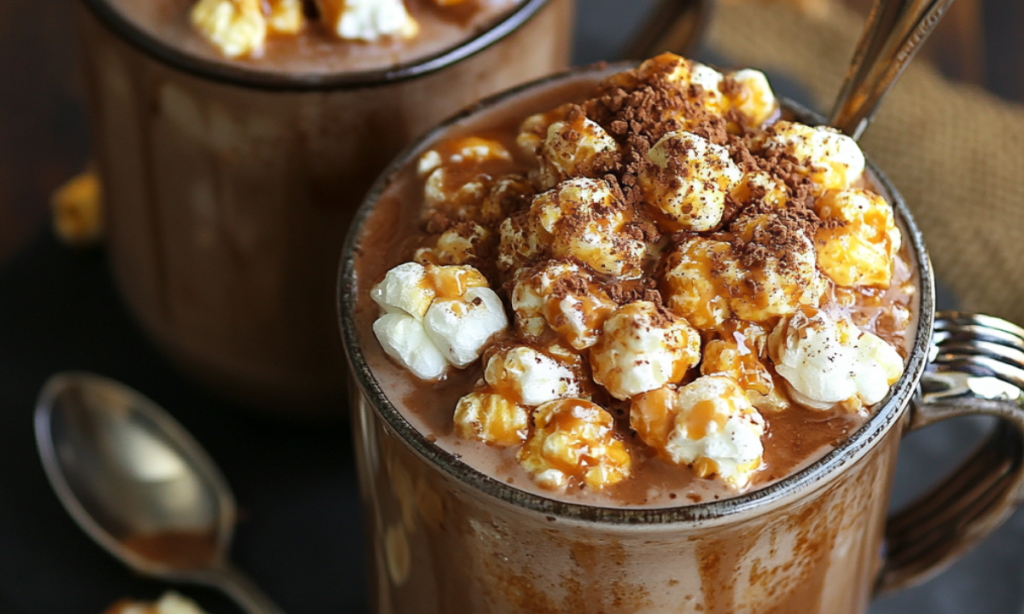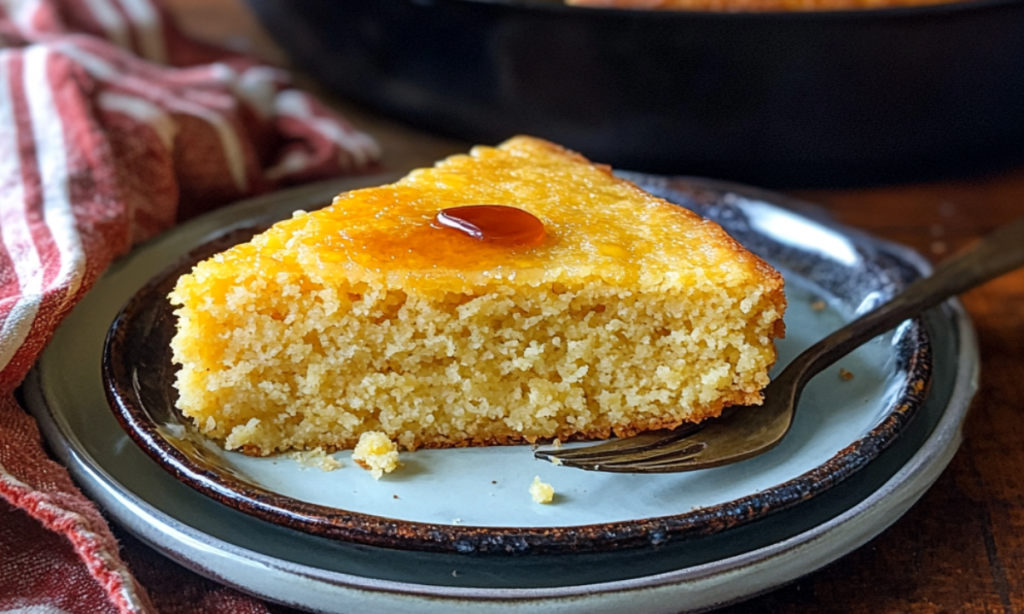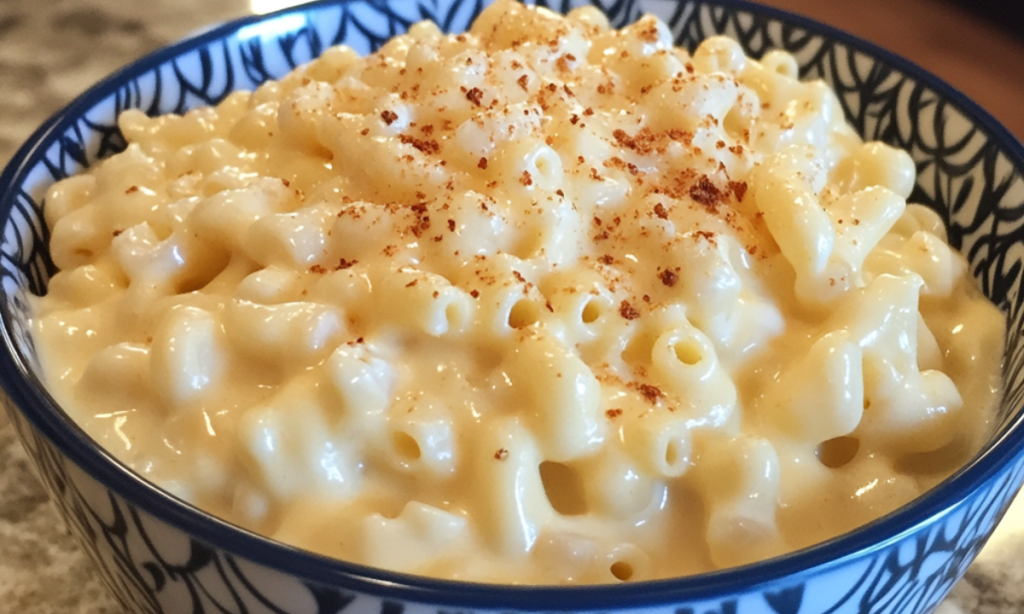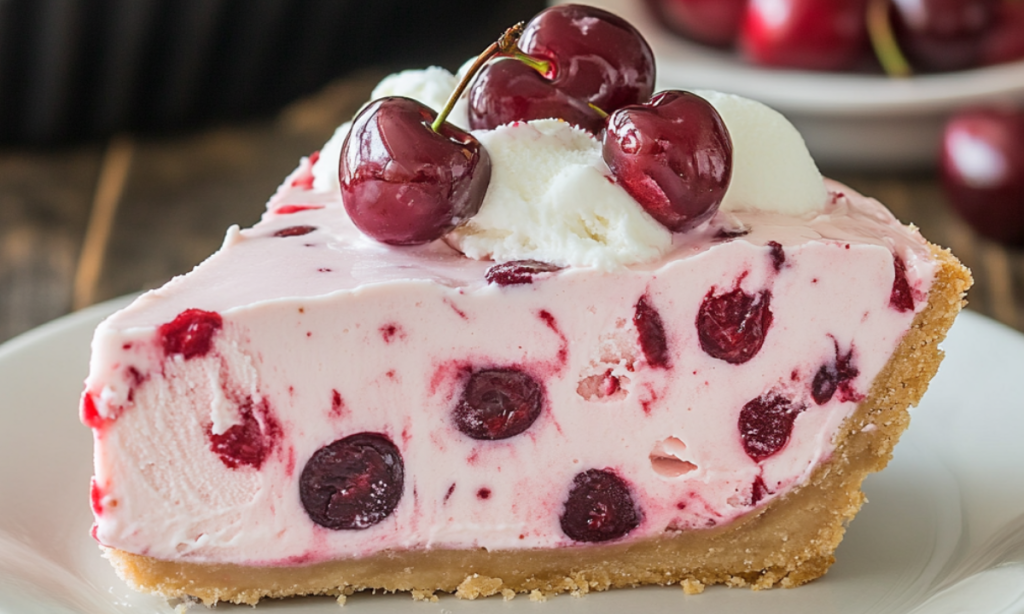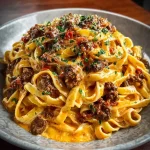Are you curious about the type of cheese in Chipotle dishes that adds that special touch to their famous burritos and bowls? In this article, we dive into Chipotle’s cheese variety, uncovering the secrets behind their choice of cheese. From the specific cheese used by Chipotle to the unique blend that sets their menu apart, we explore every aspect of Chipotle’s cheese selection. Join us as we reveal the cheese options at Chipotle and how they contribute to the unforgettable flavors in their recipes.
Unraveling Chipotle’s Cheese Mystery: A Closer Look at Their Selection
Moreover, Chipotle’s choice of cheese is not just a matter of taste but also a reflection of their culinary philosophy ,This section will explore the specific type of cheese used, its sourcing, and the reasons behind this particular selection.
Chipotle Mexican Grill has always been synonymous with fresh, quality ingredients, and their cheese is no exception. The cheese used in Chipotle’s dishes is a carefully selected blend that complements their bold flavors and fresh ingredients. But what exactly is this cheese, and why does it make Chipotle’s dishes so distinctive?
- Type of Cheese: The primary cheese used by Chipotle is a blend of Monterey Jack and white cheddar. This combination provides a perfect balance of creaminess and sharpness, enhancing the flavor of their burritos, tacos, and bowls.
- Sourcing: Chipotle is known for its commitment to sustainable and responsible sourcing. The cheese they use is no exception, sourced from farms that prioritize animal welfare and sustainable practices.
- Flavor Profile: The blend of Monterey Jack and white cheddar creates a unique taste. Monterey Jack is mild and slightly sweet. It also has a creamy texture. White cheddar, in contrast, is sharper and more pronounced in flavor.
- This cheese blend reflects Chipotle’s focus on quality and unique dining. Its creamy texture and rich flavor complement Chipotle’s spicy, savory dishes. This creates a balance, now a hallmark of their menu.
Exploring the Variety: Delving into Chipotle’s Cheese Choices
Chipotle Mexican Grill’s cheese choice is not the result of a unique invention by an individual. Instead, it’s a carefully selected blend of existing cheese types. Specifically, Chipotle uses a combination of Monterey Jack and white cheddar in their recipes. These cheeses are renowned for their distinct flavors and histories.
Initially, Monterey Jack cheese, known for its origins in California, was popularized in the 19th century by businessman David Jacks. Conversely, white cheddar, a type of cheddar cheese, is characterized by its natural white color due to the absence of colorants. Its roots trace back to the English village of Cheddar in Somerset.
Furthermore, Chipotle’s decision to use these particular cheeses aligns seamlessly with their commitment to quality. The selection is based on how well these cheeses complement the other ingredients in their dishes, rather than being a novel creation for the brand.
Balancing Flavor and Wellness:
Understanding the nutritional value of the cheese used in Chipotle’s dishes is crucial for health-conscious consumers. This part of the article will cover the calorie count, fat content, and other nutritional information.
When indulging in a meal at Chipotle, it’s not just the flavors that matter, but also the nutritional content, especially when it comes to cheese. The Monterey Jack and white cheddar blend, while delicious, also carries certain nutritional aspects that are important to consider.
- Regarding Calorie Count: As a dairy product, cheese is naturally high in calories. Nevertheless, Chipotle employs it judiciously. This approach ensures added flavor without significantly boosting the calorie count in their dishes.
- Concerning Fat Content: Both Monterey Jack and white cheddar contain saturated fats. Although these fats are necessary in moderation, diners should be conscious of their intake. This is particularly vital in meals rich in cheese.
- As for Protein and Calcium: Positively, the cheese blend at Chipotle is a beneficial source of both protein and calcium. These nutrients are crucial for muscle health and bone strength.
Culinary Fusion: How Chipotle’s Cheese Complements Their Dishes
The role of cheese in Chipotle’s menu items is pivotal. This section will discuss how the cheese blends with other ingredients, enhancing flavors and textures in burritos, bowls, and more.
At Chipotle, the fusion of flavors is key to their culinary success, and cheese plays a central role in this. The unique blend of Monterey Jack and white cheddar is not just a topping ,but an integral part of the flavor profile in many of their dishes.
- In Burritos and Tacos: The cheese melts beautifully, providing a creamy texture that balances the heat from spices also the freshness of the vegetables. It acts as a flavor enhancer, bringing out the richness of the meats and the savoriness of the beans.
- In Bowls and Salads: Here, the cheese adds a layer of complexity. It complements the crispness of the greens and the heartiness of the rice and beans, creating a well-rounded taste experience.
- Texture and Flavor Balance: The creamy texture of the cheese contrasts perfectly with the crunch of the vegetables and the tenderness of the meats. Flavor-wise, its mild yet distinct taste provides a counterbalance to the bold spices and herbs used in Chipotle’s dishes.
The strategic use of cheese in Chipotle’s menu showcases their understanding of culinary balance. It’s not just about adding cheese for the sake of it; it’s about enhancing and complementing the flavors of the primary ingredients, ensuring that each bite is a harmonious blend of textures and tastes.
FAQs: Answering Your Curiosities About Chipotle’s Cheese
Based on popular queries, this FAQ section will address common questions about Chipotle’s cheese,
- Q: What kind of cheese does Chipotle use? A: Chipotle uses a blend of Monterey Jack and white cheddar cheese. This blend balances creamy texture with a sharp, tangy flavor, perfect for their dishes.
- Q: Is the cheese blend at Chipotle unique? A: Yes, Chipotle’s specific blend of Monterey Jack and white cheddar is unique. They tailor it to complement their recipes, creating a distinct flavor profile.
- Q: Can I buy Chipotle’s cheese blend in stores? A: No, you cannot buy Chipotle’s specific cheese blend in stores. However, you can buy Monterey Jack and white cheddar separately and try mixing them at home.
- Q: Is Chipotle’s cheese vegetarian-friendly? A: Yes, Chipotle’s cheese is vegetarian-friendly. It contains no rennet or other meat-based enzymes.
- Q: Does Chipotle’s cheese contain any allergens? A: Yes, Chipotle’s cheese contains milk. People with lactose intolerance or dairy allergies should eat it cautiously.
- Q: Does Chipotle offer dairy-free cheese alternatives? A: Currently, Chipotle does not offer dairy-free cheese alternatives. But they do have other dairy-free options and toppings.
- Q: How does Chipotle’s cheese blend enhance their dishes? A: Chipotle’s cheese blend adds a rich, creamy texture and a mix of mild and sharp flavors. This enhances the taste of their burritos, tacos, and bowls.
- Q: Is Chipotle’s cheese gluten-free? A: Yes, the cheese at Chipotle is gluten-free, making it safe for those with gluten sensitivities or celiac disease.
Conclusion: The Cheese that Defines Chipotle
In conclusion, the cheese used by Chipotle Mexican Grill is more than just an ingredient; it’s a testament to their commitment to quality, flavor, and customer satisfaction. The blend of Monterey Jack and white cheddar cheese is a deliberate choice that reflects Chipotle’s dedication to creating a unique and enjoyable dining experience.
- A Harmonious Blend: The combination of creamy Monterey Jack and sharp white cheddar creates a perfect balance, enhancing the flavors of Chipotle’s signature dishes.
- Commitment to Quality: Chipotle’s choice of cheese aligns with their overall philosophy of using fresh, quality components sourced responsibly.
- Nutritional Consideration: The cheese is indulgent but nutritious. It provides protein and calcium. Diners should consider their dietary preferences and restrictions.


